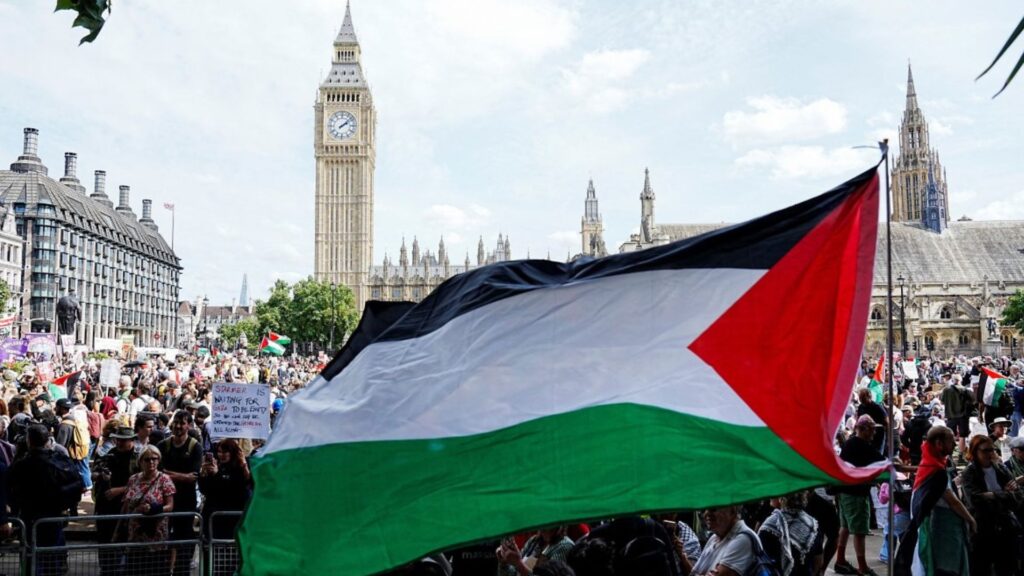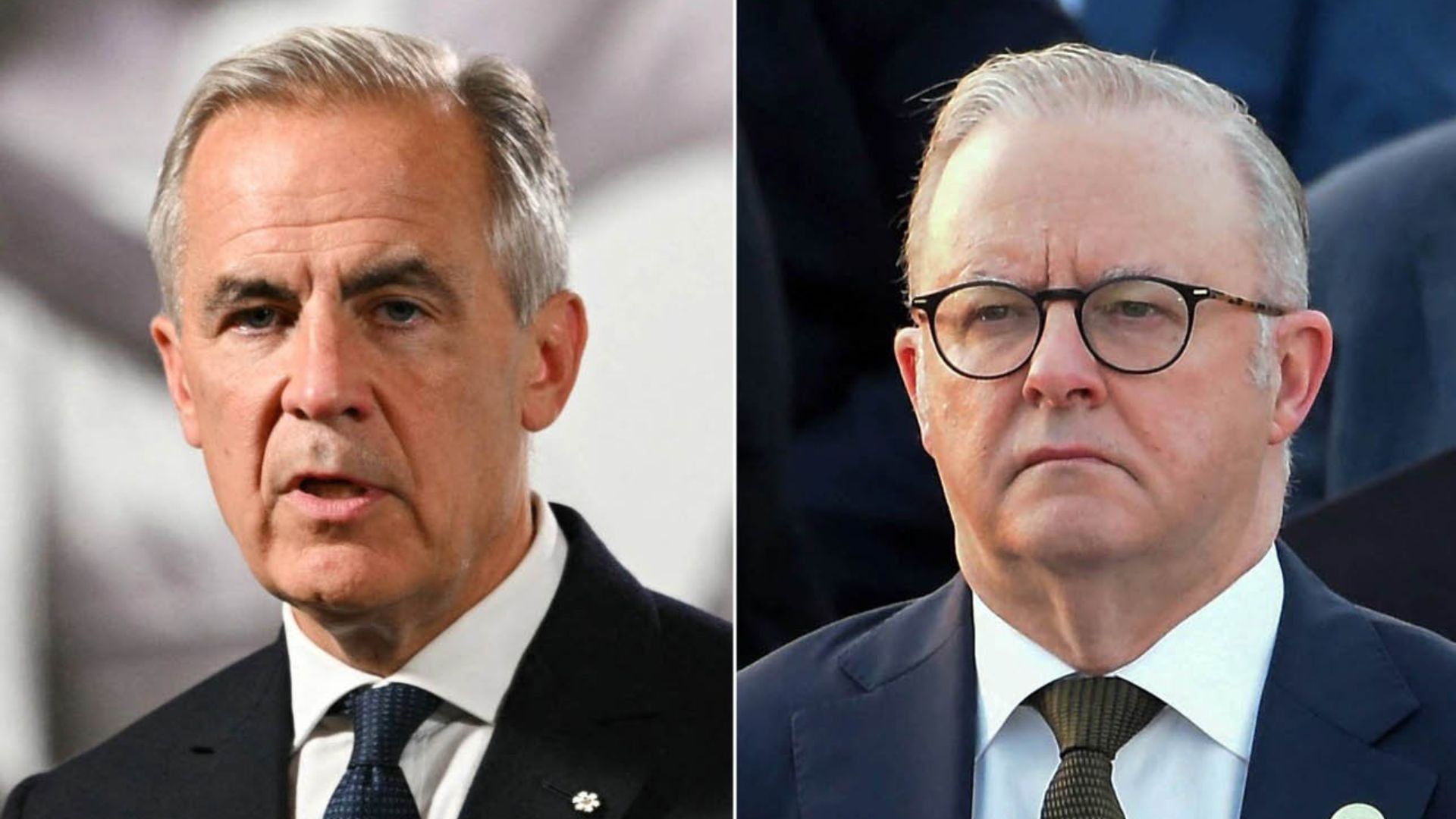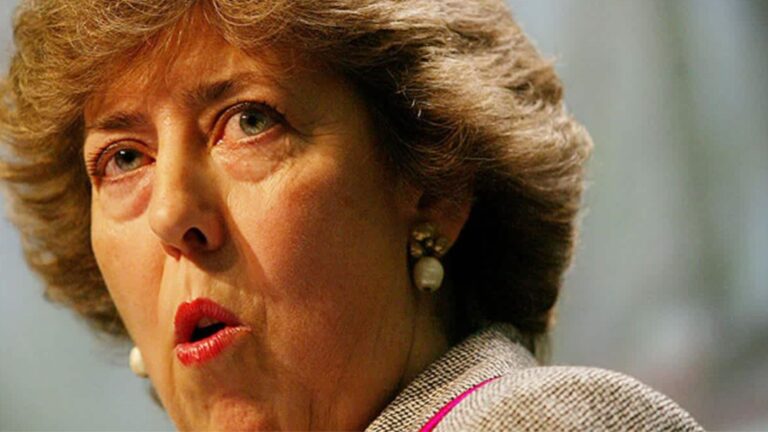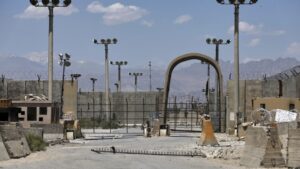
The United Kingdom, Canada, and Australia formally recognized Palestine as a sovereign state on September 21, 2025, marking a historic diplomatic watershed as three major Western allies broke from U.S. policy to pressure Israel over its Gaza campaign. The coordinated announcements precede the UN General Assembly, where additional nations are expected to follow suit despite fierce opposition from the Trump administration and Israeli leadership.
Coordinated Diplomatic Break from US Policy
British Prime Minister Keir Starmer announced the UK’s recognition after determining Israel failed to meet conditions set in July, including achieving a Gaza ceasefire and allowing unrestricted humanitarian aid. “Today, to revive the hope of peace for the Palestinians and Israelis, and a two-state solution, the United Kingdom formally recognizes the State of Palestine,” Starmer declared. Canadian Prime Minister Mark Carney and Australian PM Anthony Albanese made nearly simultaneous announcements, with Carney stating that “the current Israeli government is working methodically to prevent the prospect of a Palestinian state from ever being established” (Times of Israel).
The Trump administration strongly opposed the moves. Secretary of State Marco Rubio warned that recognition “undermines negotiations, emboldens Hamas, and jeopardizes future peace prospects.” Trump had previously called the UK’s plan “one of our few disagreements” with Starmer during a state visit last week (CNN).
Broader International Momentum Expected
Palestinian Foreign Minister Varsen Aghabekian confirmed that ten countries total are expected to recognize Palestinian statehood, bringing the global total to 159 out of 193 UN member states. France, Portugal, Belgium, Luxembourg, Malta, San Marino, and Andorra are all poised to announce recognition during UN General Assembly week. The coordinated timing precedes a high-level conference on Monday co-hosted by France and Saudi Arabia aimed at revitalizing the two-state solution, with French President Emmanuel Macron announcing Friday his intention to recognize Palestine on Monday (Australia Foreign Ministry).
Conditions and Limitations Set
All three countries emphasized that Hamas must have no role in Palestinian governance and that the Palestinian Authority must implement democratic reforms. Australia and Canada specifically mentioned requirements for elections in 2026 and demilitarization commitments. However, the recognitions remain largely symbolic, as Israel maintains military occupation of Palestinian territories and has threatened annexation of the West Bank in response. Israeli Prime Minister Benjamin Netanyahu has stated categorically that “there will be no Palestinian state,” while his government continues authorizing new settlement construction.
Strategic Implications
The Western allies’ coordinated break from U.S. policy signals growing international impatience with Israel’s Gaza operations and settlement expansion. While symbolic, the recognitions increase diplomatic pressure on both Israel and the United States as the international community moves toward broader Palestinian statehood recognition, potentially reshaping Middle East diplomacy in the coming months.












Your point of view caught my eye and was very interesting. Thanks. I have a question for you. https://accounts.binance.com/es/register?ref=RQUR4BEO